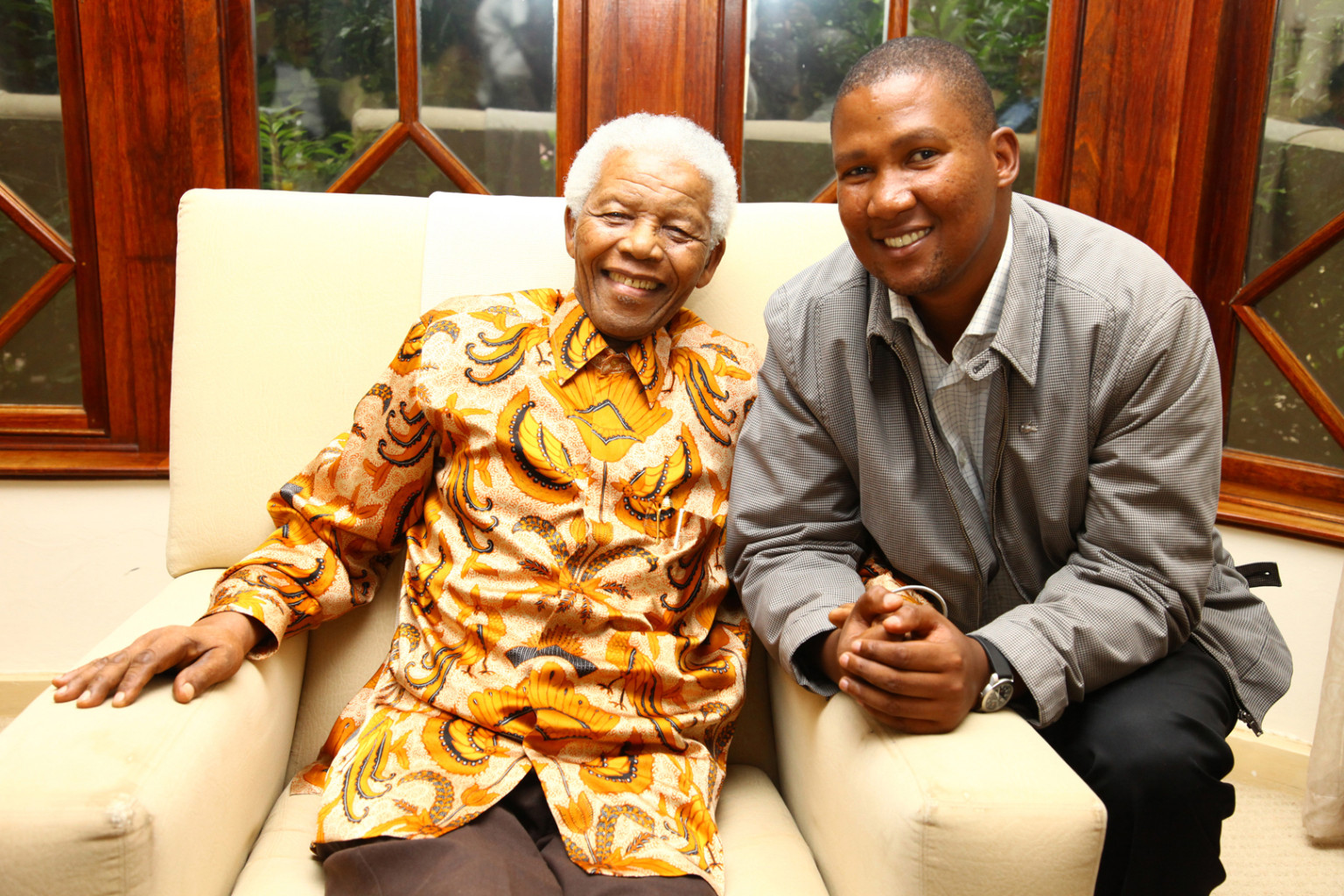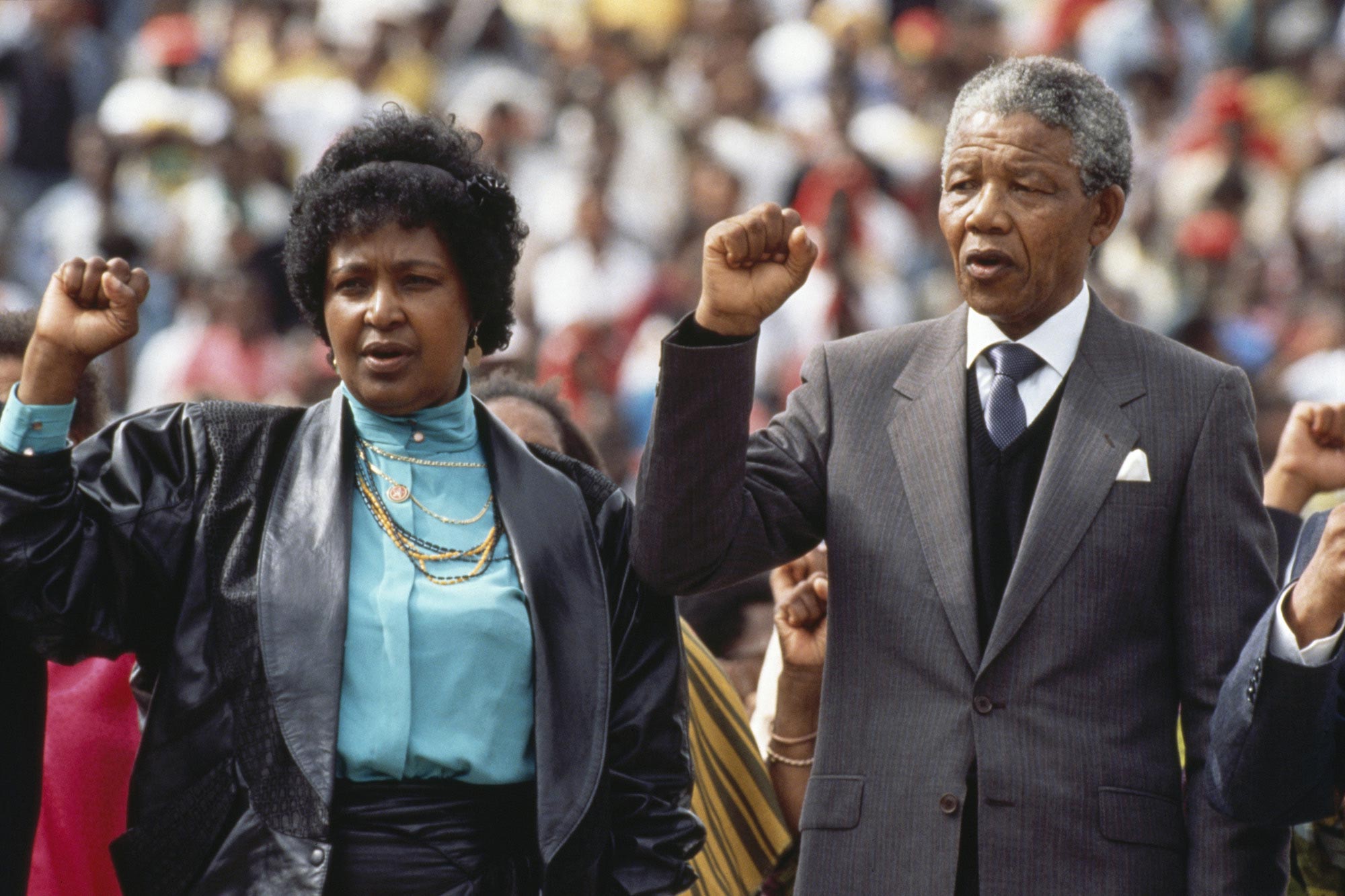LONDON, UK — The British government has blocked Mandla Mandela, grandson of the late Nelson Mandela and a vocal supporter of Palestinian rights, from entering the UK for a series of planned talks during Black History Month.
The decision has sparked widespread criticism, with many suggesting that his outspoken support for Palestine played a role in the visa denial.
Chief Mandela, a member of the South African government, had planned to tour several cities in the UK to discuss the parallels between the struggles against apartheid in South Africa and the current Palestinian situation.
His diplomatic passport had previously allowed him to travel freely, but British officials questioned its validity, throwing his UK tour into disarray.

Criticism of UK Government’s Decision
Critics of the decision argue that it reflects the outsized influence of pro-Israel lobbyists on British politics.
Mick Napier, co-founder of the Scottish Palestine Solidarity Campaign (SPSC), called the move an “unprecedented” and “crude” attempt to silence a prominent voice for Palestinian rights.
“There is a striking parallel between the past British treatment of Nelson Mandela and the current decision by the Starmer government,” Napier said, noting that Nelson Mandela was once labelled a terrorist by the UK government during his imprisonment on Robben Island.
Chief Mandela had planned to speak in several Scottish cities, including Edinburgh, Dundee, Aberdeen, and Glasgow, drawing connections between South African apartheid and the plight of Palestinians.
Despite the visa ban, organizers have arranged live satellite links so Mandela can still address the audiences.
While the UK government’s decision has caused disruption, officials in Ireland have distanced themselves from the visa ban.
Mandela is still scheduled to speak in Dublin, with Irish authorities confirming that his visit will proceed as planned.
Mandla Mandela, Nelson Mandela's grandson, is unable to travel to UK to give his talk this evening due to UK visa conditions. The talk will be on zoom. He is, however, allowed to travel to Ireland. #wewillnotbesilenced#CEASEFIRE_NOW #StopGazaLebanonGenocide #StopArmingIsrael pic.twitter.com/wmWRZP7xuB
— SheffieldPSC (@SheffieldPSC) October 10, 2024
Political and Public Reaction
The decision has caused anger within certain factions of the Labour Party, with some members expressing shock that such actions would occur under the leadership of Sir Keir Starmer.
“These are the sort of tactics we would expect from the Conservative Party, who once labeled Nelson Mandela as a terrorist,” one Labour insider said, speaking anonymously.
Yvonne Ridley, a prominent journalist and supporter of Palestinian rights, expressed dismay at the timing of the visa ban during Black History Month.
“There is a double irony that during Black History Month, Mandla Mandela is being banned from the UK, reprising the attacks once made against his grandfather,” she said.
Broader Implications
Mandla Mandela’s exclusion from the UK comes amid growing tensions over international support for Palestinian rights.
Napier emphasized the importance of hearing Mandela’s perspective, especially in the face of what he described as a “genocide” against Palestinians in Gaza, a claim that has been brought before the International Court of Justice by the South African government.
“There is no more important issue in the world today,” Napier said. “We deserve to hear an important voice in support of international law and the cruelly-violated Palestinian people.”
The controversy surrounding the visa ban underscores ongoing divisions within British politics over Palestine, as well as the lingering complexities of balancing diplomatic relations with Israel while navigating public sentiment on international human rights.

A Continuing Struggle
For many, the UK government’s decision to block Mandla Mandela from entering the country evokes memories of Margaret Thatcher’s stance against Nelson Mandela, a man who is now celebrated as a global icon for his fight against apartheid.
Critics argue that the British government risks repeating the mistakes of the past by denying Mandla Mandela’s visa.
While his UK tour has been altered, Mandela’s message will still reach audiences through virtual addresses, ensuring that his voice, like that of his grandfather, remains part of the global conversation on justice and human rights.







